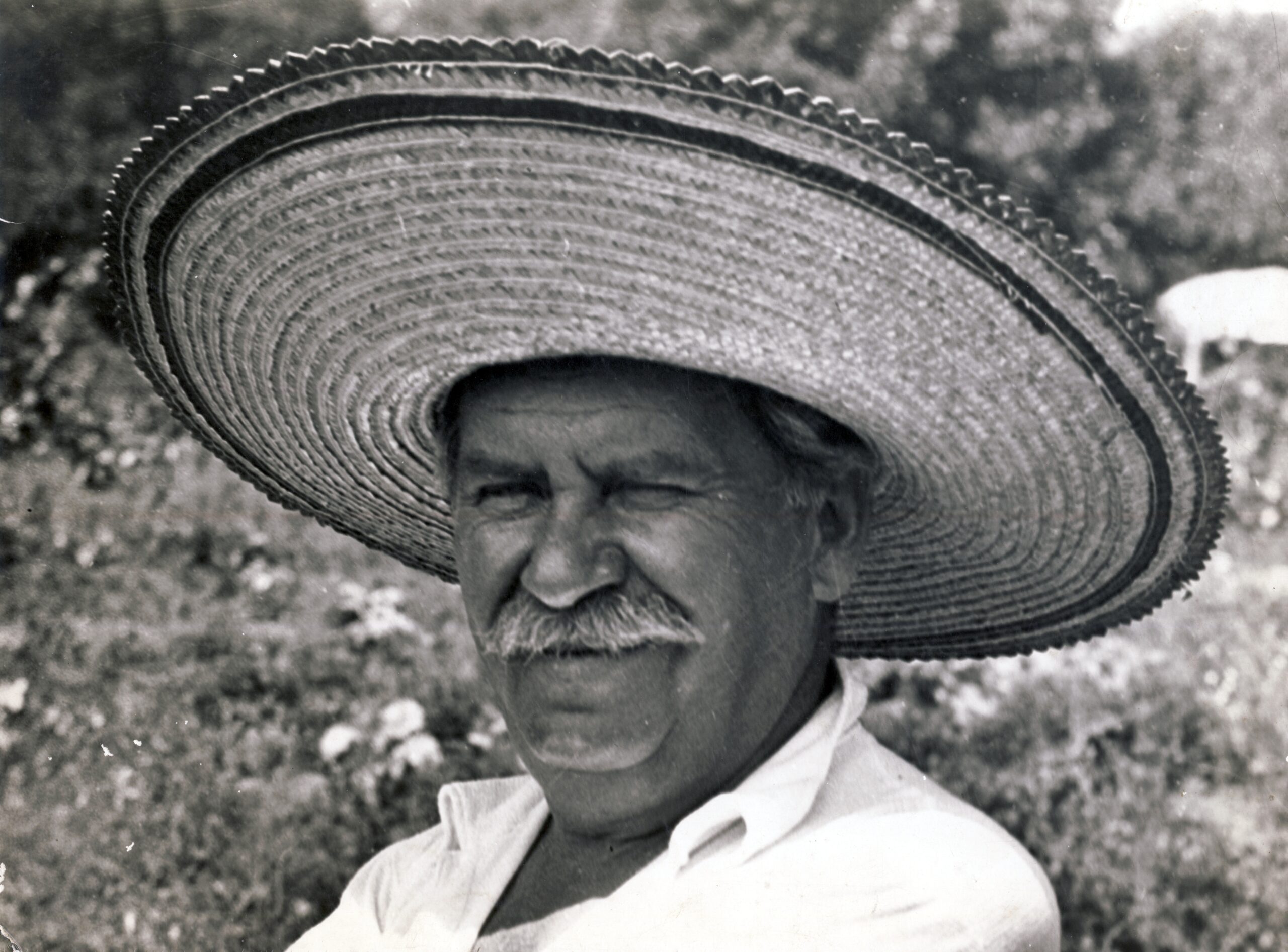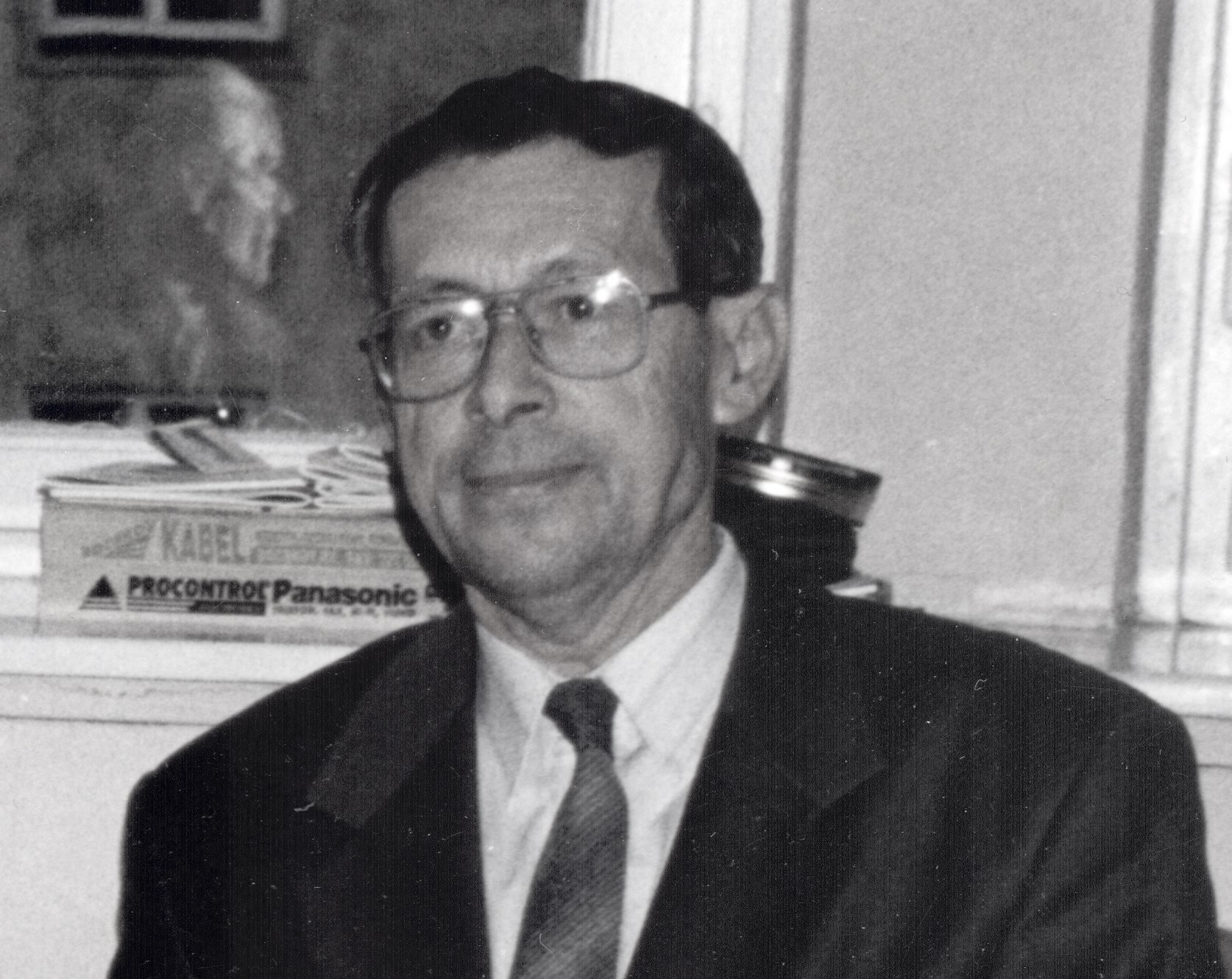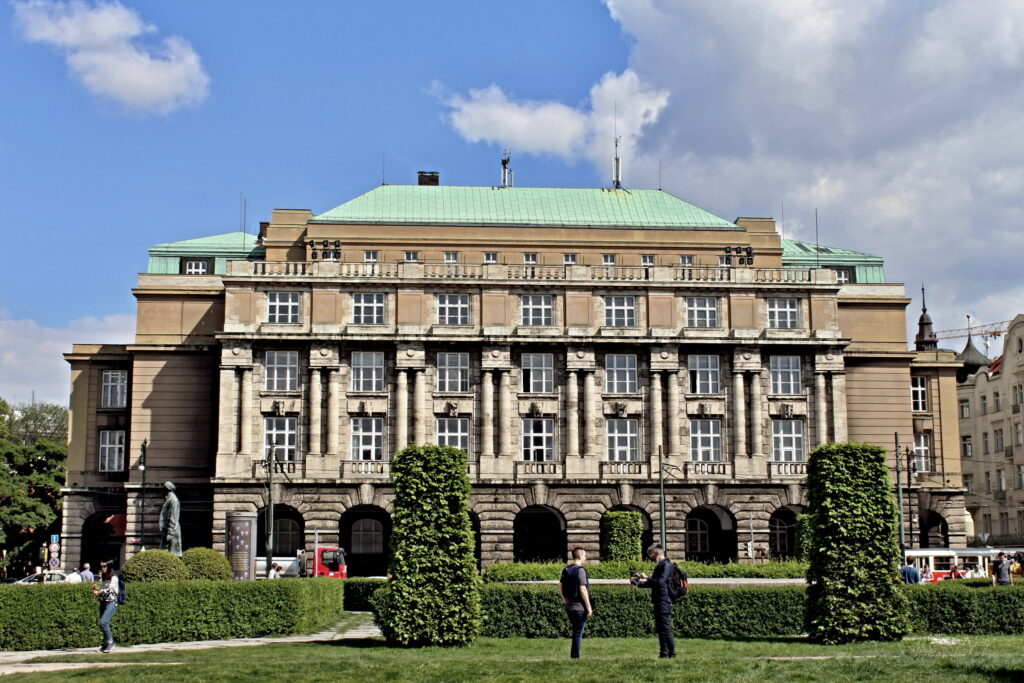
The series of commemoration events will start on October 28, at 6 p.m. with a round-table discussion.Continue reading

He became a native of Prague while remaining a native of Kosice, and it was in the network of connections between these two cities that the “idea of the Central European homeland was born for him,” Péter Rákos is remembered in ma7.sk‘s commemorative article.
Péter Rákos was born exactly 100 years ago, on February 14, 1925 in Kosice (Kassa), Hungary (today part of Slovakia). The author, Ágnes Kovács, who knew him personally during her university years, remembers the professor, who died in 2002, as a teacher with a mission and a tireless worker in the exchange of values between Czech and Hungarian culture.
During the Czech rule in 1920, life in Kosice was still idyllic compared to the years around the Second World War. Péter Rákos lived the normal life of a well-off middle-class family, but the World War put an end to that. He managed to graduate from high school in 1943, and wanted to study Hungarian and French at a university in Budapest. However, he was no longer able to do so because of the disenfranchising provisions of the Jewish laws. His family was deported to a concentration camp, from which he alone returned. By the age of 20, he had lost everything and everyone, the author said, recalling his early life.
After moving to Prague in the 1950s, he obtained a degree and began his career as a lecturer at the Hungarian Seminar of Charles University. He later recalls his move to Prague:
Twenty years ago, fate threw into my lap an unexpected and wonderful opportunity, in the context of my profession (which I saw as a mission), to combine the culture I was born with the culture I had acquired with gratitude, to build a bridge between my native city and my adopted city.”
The author of the commemorative article on ma7.sk writes that his former student, Professor Richard Pražák, who has become a prominent figure in Hungarian Studies in Czechia, painted a truly impressive picture of Rákos. Pražák recalls him as a somewhat reserved, hard-to-approach teacher, but one who was not elitist but respectful of the individual integrity of others.

Faculty of Arts, Charles University in Prague. Photo: Wikipedia
Rákos played a key role in the renewal of the Hungarian Department at Charles University. He was at the head of the department for more than fifty years. Initially, two of them taught in the department, together with József Blaskovics, a professor in Turkology (Turkish Studies). In 1952, Gyula Bredár joined them, and in the following years he took over the teaching of linguistics courses from József Blaskovics. From the 1970s onward, they were regularly assisted by a proofreader from Hungary.
The professor, defying the extreme dogmatism of the era, also spoke to his students about topics that were far from desirable to raise,
the author points out. For instance, he taught the literary studies of Western countries, and talked about figures of Hungarian literature who were appreciated by only a few at the time.
After the 1950s, Rákos’s role was defined by the fact that he was the only Hungarian interpreter of literature in Czechoslovakia with a degree in Philosophy and with the most educated background, the only comparatist living in the vicinity of Czech literature and present in the Hungarian press with reviews of important Czech works, the author points out. The majority of his writings first appeared in the press as epilogues or introductory essays to Hungarian literary works published in the Czech Republic. As a translator, he has also done a commendable job. Rákos’s employment at the Faculty of Arts ended on December 31, 1990, but he remained actively involved with the Hungarian Department until his death on August 15, 2002.
Via ma7.sk, Featured image: Wikipedia